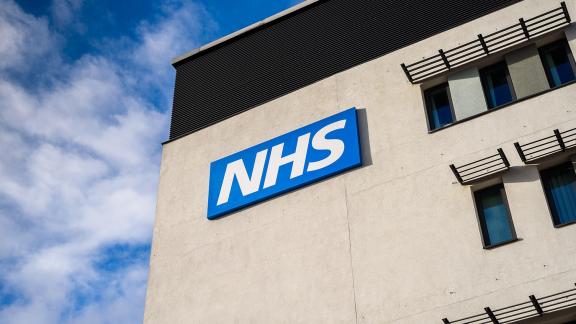Whilst employers are not bound to await the outcome of criminal proceedings before taking internal action in line with its disciplinary procedures, employers will not wish to take any steps which might prejudice a fair criminal process and risk undermining a successful prosecution. If the police are content for you to do so, employers can proceed to an internal conduct investigation and disciplinary hearing in the usual way, although note that for concerns relating to doctors and dentists, Maintaining High Professional Standards in the Modern NHS (MHPS) requires that employer investigations should only proceed in respect of those aspects of the case which are not directly related to the police investigation underway.
If either an investigation or hearing is conducted pending completion of a criminal investigation, the employee may choose not to participate, relying on their right not incriminate themselves under Article 6 of the European Convention on Human Rights (EHRC). A dismissal following a disciplinary hearing in such circumstances could be unfair, particularly if the employer would only have to wait a relatively short time before the police investigation concludes. Therefore, again understanding the timescale from the police will be key here.
In exceptional circumstances, employees may seek an injunction to prevent employers from proceeding with internal processes pending the outcome of a police investigation.
In light of these risks, consideration should be given to pausing any internal disciplinary process until the police investigations conclude, unless the individual has admitted the offence, there is indisputable evidence of the offence being committed, or police confirm that the employer may proceed, or indicate that the criminal investigation may run for a significant length of time (i.e. 12 months +) and/or cannot give any indication of a potential date for the end of the investigation.
This may not be such an issue in relation to offences arising out of the recent riots, as it has been reported that the criminal justice process has been expedited in this instance with some sentences already being given for acts committed a matter of days earlier.




